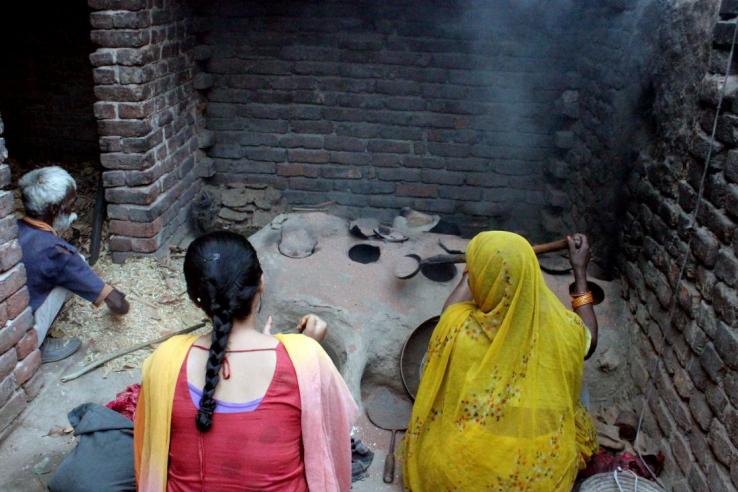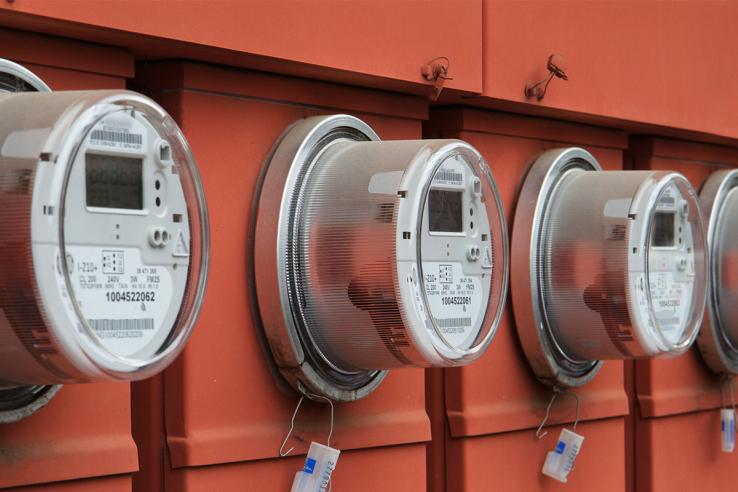Policy Insights in Environment, Energy, and Climate Change
J-PAL’s Environment, Energy, and Climate Change Sector focuses on energy access, pollution reduction, and climate change. Our policy insight below summarizes emerging lessons from randomized evaluations on the impact of social comparisons on home energy and water consumption.
—
Michael Greenstone (University of Chicago) and Kelsey Jack (University of California Santa Barbara), Environment, Energy, and Climate Change Co-Chairs

Photo: JeremyRichards | Shutterstock.com
View: Policy insights by sector
Biomass cookstoves to reduce indoor air pollution and fuel use
Last updated: October 2020
Despite their positive results in the lab, biomass cookstoves designed to reduce smoke exposure and/or increase fuel efficiency did not substantially improve health in several randomized evaluations in the real world. Many people did not want to buy or maintain them, did not use them enough, and...
Encouraging residential energy efficiency
Last updated: November 2019
Programs that encouraged investments in residential energy efficiency had limited returns in several impact evaluations in real-world settings. Relatively small impacts on energy savings coupled with low take-up meant that encouraging these investments through information campaigns and subsidies was...
Reducing energy and water use through information and social comparisons
Last updated: April 2018
Providing people with information about their energy or water use compared to their neighbors and tips about how to conserve consistently reduced consumption by small amounts in many contexts.







